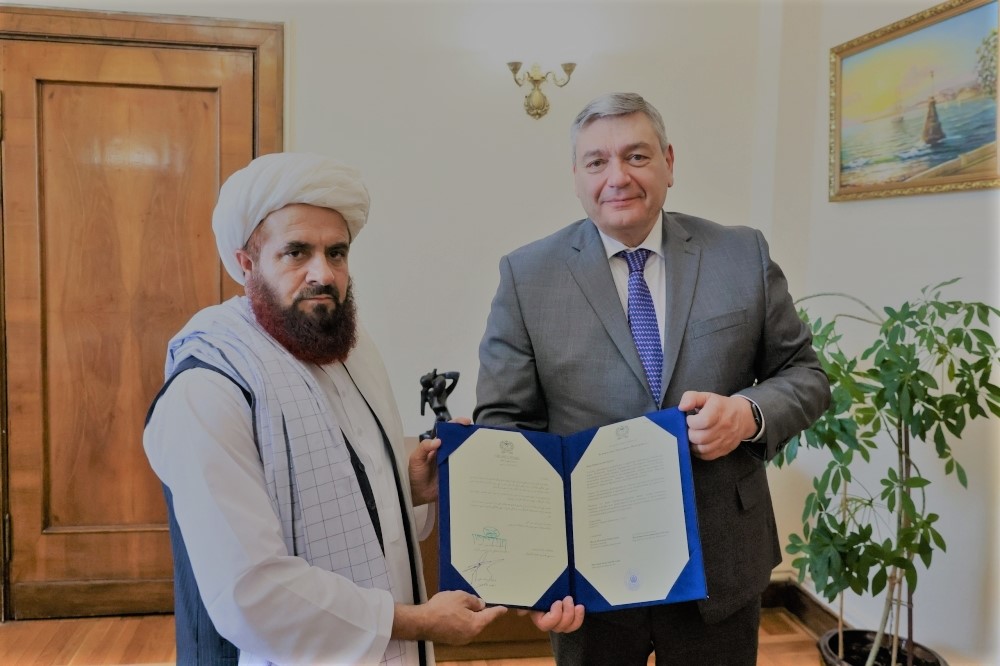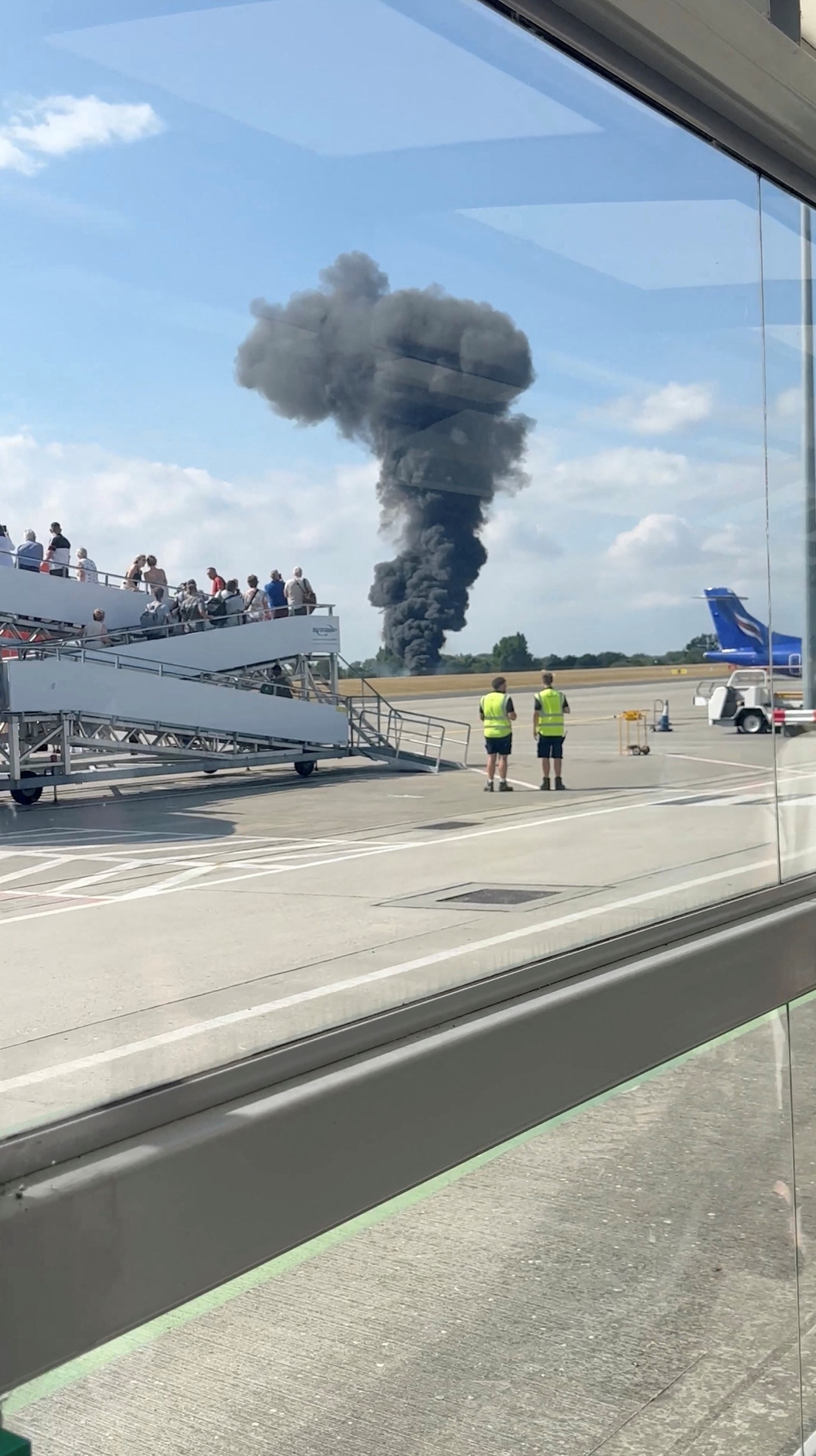KABUL, July 4 — In a move stirring hope and concern in equal measure, Russia has officially become the first country to formally recognize the Taliban-led government in Afghanistan, drawing applause from Kabul and criticism from Afghan women’s rights advocates and international observers.
The decision, announced after a high-level meeting between Afghanistan’s Foreign Minister Amir Khan Muttaqi and Russian Ambassador Dmitry Zhirnov in Kabul, marks a turning point in Afghanistan’s long quest for global legitimacy since the Taliban’s return to power in August 2021.
“This brave decision by Russia will be an example for others,” said Muttaqi during the meeting, shared widely on social media. “Russia has taken the lead.”
The Taliban administration, which calls itself the Islamic Emirate of Afghanistan, has faced an uphill battle gaining formal international recognition. Despite opening diplomatic channels and placing ambassadors in capitals like Islamabad and Beijing, no country had taken the definitive step—until now.
A New Chapter, But for Whom?
Russia’s foreign ministry described the move as an opportunity to build “productive bilateral cooperation,” with emphasis on trade, energy, agriculture, and infrastructure. The statement also highlighted joint efforts to combat terrorism and drug trafficking—shared concerns rooted in regional security.
“This recognition paves the way for deepening relations,” added a spokesperson from Moscow.
Afghanistan, ravaged by over four decades of conflict, views international legitimacy as a path to stability and investment. Kabul has welcomed Russia’s outreach, recalling that Moscow was among the first to reopen a business representation office after the 2021 power shift and has plans to use Afghanistan as a transit hub for gas exports to Southeast Asia.
President Vladimir Putin previously referred to the Taliban as “allies in the fight against terrorism”—a significant shift in diplomatic tone.
Human Rights Concerns Resurface
But as the news spread, many Afghan women and former officials voiced deep concern.
“This isn’t a neutral decision. It legitimizes a regime that bans girls from schools, silences women, and shelters sanctioned terrorists,” said Mariam Solaimankhil, a former parliamentarian. “It tells the world that strategic interests outweigh human rights.”
Former MP Fawzia Koofi echoed the fears, warning, “Recognizing the Taliban doesn’t bring peace—it enables impunity. It risks not only Afghan lives but international security.”
Since reclaiming control, the Taliban has barred girls from secondary and higher education, restricted women’s employment, and imposed strict dress codes and movement rules, triggering condemnation from Western nations and global rights groups.
What Comes Next?
While Russia’s recognition may not be a formal stamp of global legitimacy for the Taliban, it undoubtedly shifts the diplomatic narrative. Analysts say other regional powers may now follow suit—not necessarily out of agreement with Taliban policies, but out of geopolitical calculation.
Whether this moment ushers in meaningful change for the Afghan people—or merely reinforces power at the top—remains to be seen.
For millions of Afghans, especially women and girls who have been pushed out of public life, the recognition feels less like a step forward and more like a painful reminder of how human rights are often sacrificed at the altar of politics.




